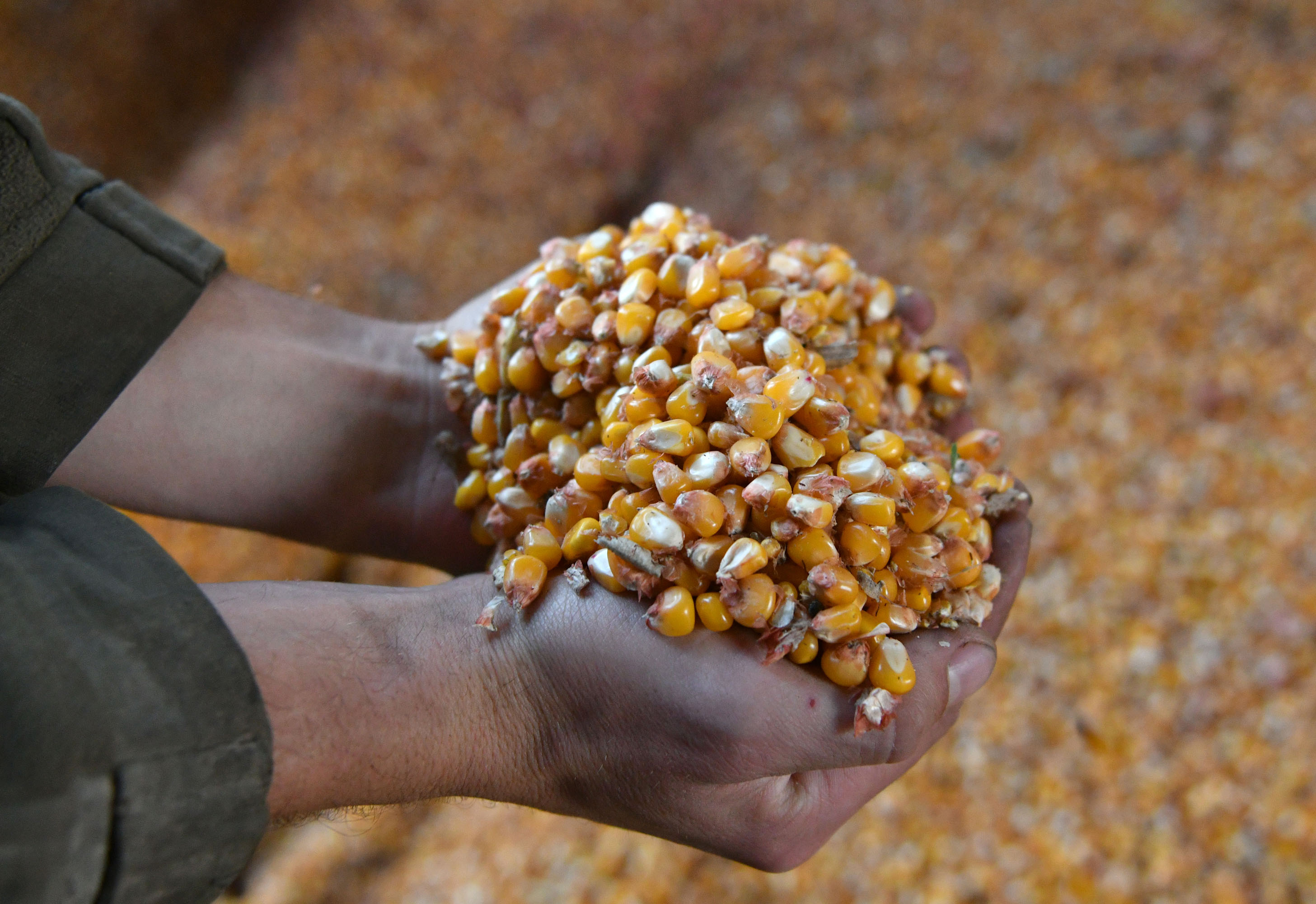Serbian grain heavyweights meet to boost exports

Serbia’s main grain industry stakeholders gathered last month to discuss ways to increase exports, a significant milestone in developing dialogue between public and private institutions in the country.
Players – including grain producers, processors, exporters and the Ministry of Agriculture, Forestry and Water Management – met on 16 May at Dan Zitara, or Grain Day, an event organized by the Serbian Grain Association and supported by the Food and Agriculture Organization of the United Nations (FAO) and the European Bank for Reconstruction and Development (EBRD). The event, which drew over 100 attendees, was part of the 85th International Agricultural Fair held in Novi Sad in Serbia, the largest event of its kind in the Western Balkans.
Discussions at the event largely centred on recent advances made in the Serbian grain industry, the importance of exporting agricultural products for agricultural development in Serbia, the need for investment and the usefulness of technology in the industry.
An industry with potential
FAO’s Milos Milovanovic highlighted the improvements made in Serbian grain in recent years.
“Serbia’s grain yields, particularly for wheat and corn, have increased substantially over the last decade – 26 percent and 34 percent, respectively,” he said. “If this trend continues, and considering that global demand is expected to rise until 2026, Serbian grain exports are likely to rise over the next few years.”
Despite the potential for grain production and export, the private sector is reluctant to invest in the industry as long as regulatory obstacles and logistical bottlenecks exist.
There is great difficulty in obtaining permits for the construction of grain elevators at ports, for example, while in terms of grain production, producers often face difficulties in obtaining land.
And although grain storage facilities have doubled in the last ten years, there is a risk of storage shortages during peak harvests. In some cases, this has already forced producers to sell at low prices.
But, by boosting access to finance and storage capacity, these issues could easily be remedied, while raising the quality of inputs such as seeds and fertilizers could further increase yields.
Reaching new markets
As infrastructure improves, the industry will find it easier to increase grain exports to emerging and untapped markets via the Black Sea.
Vukosav Sakovic, President of the Serbian Grain Association, said that harmonizing regulations with importing countries would be beneficial: “Egypt and China remain closed for Serbian grain, mainly because of the absence of mutually recognised phytosanitary requirements, but if these are aligned, then such markets will be open to Serbian grain.”
According to Vasyl Hovhera, international agribusiness economist at the EBRD, increasing exports is the name of the game.
“We are helping the Serbian Grain Association to explore export grain markets by facilitating dialogue with both public and private partners as well as knowledge exchange,” he said. “They are already looking at promising opportunities in Africa, Asia and the Middle East.”
The Minister of Agriculture, Forestry and Water Management, Branislav Nedimovic, agreed.
“The Government’s task is to open new markets, such as Egypt and Turkey … and to provide infrastructure improvements,” he said. “Among other things, this refers to the improvement of river transport.”
Celebrating the industry
During Grain Day the investments and infrastructure developments of Nibulon were detailed and are part of a model that could be replicated in Serbia. The Ukrainian private company, an authority on grain production, storage, transportation and export, signed a partnership with FAO in December to assist in improving the efficiency of Serbian and Egyptian companies.
On top of numerous opportunities for knowledge sharing and discussion, the fair featured the annual awards, presented by the Grain Association, for the largest exporters of various types of grain, for best exporter, and for contributions to the preservation of the quality of goods stored.
Meanwhile, FAO and the EBRD are currently discussing options to support participation of the Serbian Grain Association at the major global grain conferences later this year to promote the Serbian grain sector and further investment opportunities.
Photo credit:
©FAO/Genva Savilov
